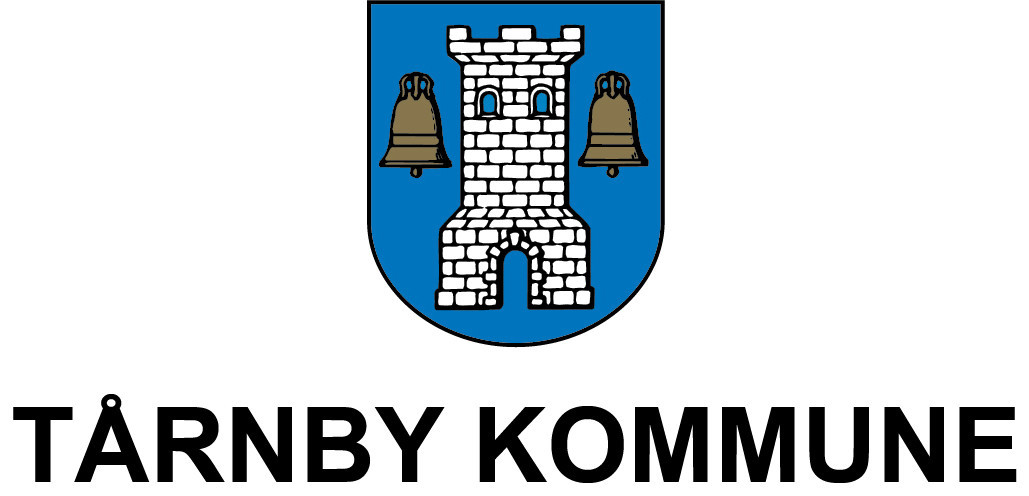Tax for cultural workers
If you are working as a cultural worker in the Øresund region, it is important that you familiarise yourself with the special rules and challenges that exist regarding tax. If you have any questions about what applies in your case, you are welcome to contact the Swedish Tax Agency at Øresunddirekt’s Information Center for further information.
This information is for EU/EEA citizens only
As a performing artist, you are in a special tax situation. If you engage in artistic activities, you may need to pay tax in both the country where you work and the country where you live. There is never any question of double taxation. You request tax credit in your income tax return in your country of residence. Put rather simply, tax credit means that any tax you paid in your country of employment is deducted from the tax you pay in your country of residence. If the tax in the country of residence is higher than in the country of employment, you are taxed on the difference in the country of residence. If you commute from your country of residence to a job in another country, you usually have limited tax liability in the country of employment. This means that only your income from work is taxed in that country, other income is taxed in the country of residence.
If you are resident in Denmark and have a job or a shorter assignment in Sweden, it is important to understand that the following factors may have an impact on your tax situation.

If you are commuting from Denmark to a job in Sweden in which you perform in front of an audience with music, dance, theatre, etc., you will be taxed in Sweden with a special tax on artists, A-SINK, at 15 per cent, which your employer will deduct from your wages. Both private individuals and companies may be liable to tax under A-SINK. No deductions are allowed and there is no need to submit an income tax return in Sweden. You must declare your income in your Danish tax return, and if the Danish tax is higher, you must pay the difference in tax to Denmark.
If you work with something other than as a performing artist – such as stage staff, director, choreographer or teaching – you are instead taxed through a special income tax for non-residents (SINK), which is 25 per cent. If you have SINK tax, no deductions are allowed and you do not have to submit an income tax return in Sweden. You should inform the Danish Tax Agency about your income from Sweden. You can find out more about how to apply for SINK tax at oresunddirekt.com. The Swedish Tax Agency may, at your request, issue a certificate (extract) of paid A-SINK or SINK tax, if you need to show how much tax you have paid in Sweden.

If you are employed by and work for a public sector employer in Sweden, you will normally only pay tax in Sweden. If you perform any part of the work in Denmark, that part of your income should instead be taxed in Denmark, state in your Danish tax return that you had income from a public employer in Sweden. It can sometimes be difficult to know whether or not an employer is classified as public sector, if so, you should contact Skattestyrelsen or Skatteverket.

Compensation received by you/your company for artistic activities is taxed at an A-SINK rate of 15 per- cent. This artist tax is deducted by the Swedish client. You do not normally need to submit an income tax return in Sweden. However, if your company operates at a permanent venue in Sweden for at least six months, you must declare income from the Swedish activities in Sweden.
You must declare the results for your entire business in your Danish tax return (årsopgørelsen). You will then also be taxed on your income from Sweden, but you should not be subject to double taxation. You request a tax credit for the Swedish tax in your Danish taxation. The Swedish Tax Agency can issue a certificate of tax paid in Sweden if you request one.
Contact Skatteverket at Øresunddirekts Information Centre
Contact Skatteverket at skatteverket.se
Did you find this information relevant?
Do you want to elaborate?
New brochure - Work as a cultural worker in Sweden
In our new brochure, we have collected information relevant to cultural workers who often travel to several countries for different short assignments. If you travel often on assignments between Sweden and Denmark, it is not always clear in what country you are supposed to pay taxes, have social insurance or a-kassa, or where you earn your pension.
Opera singer Klara Ek has the entire Öresund region as her workplace
Klara Ek is a freelance opera singer, living in Copenhagen and with experience of working both in Sweden and Denmark.












